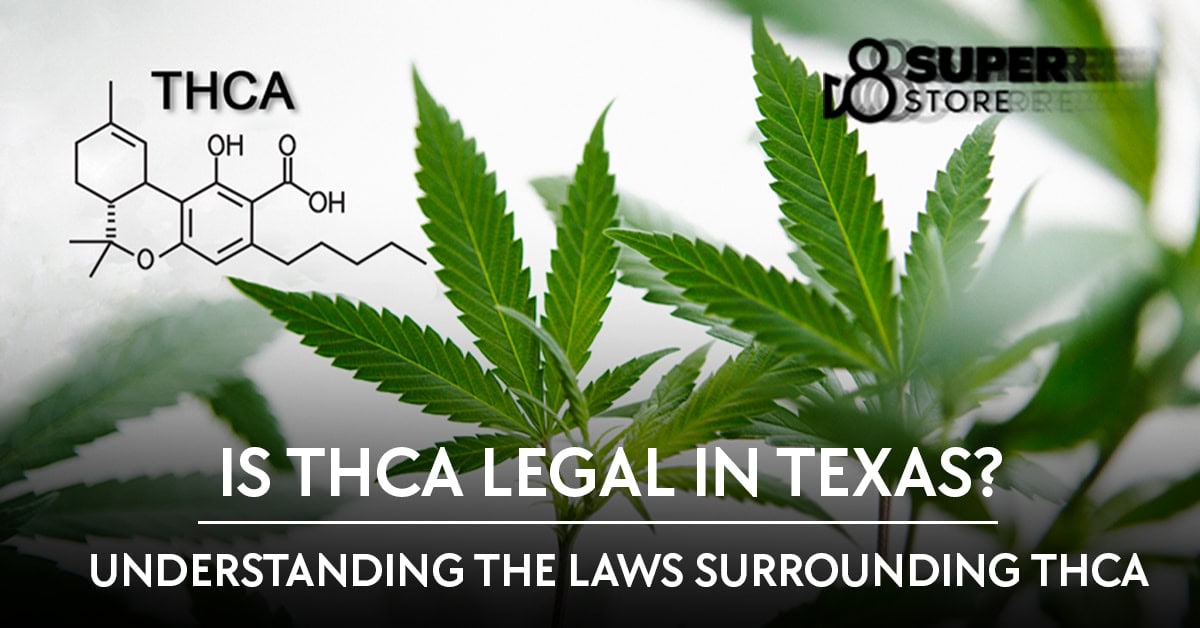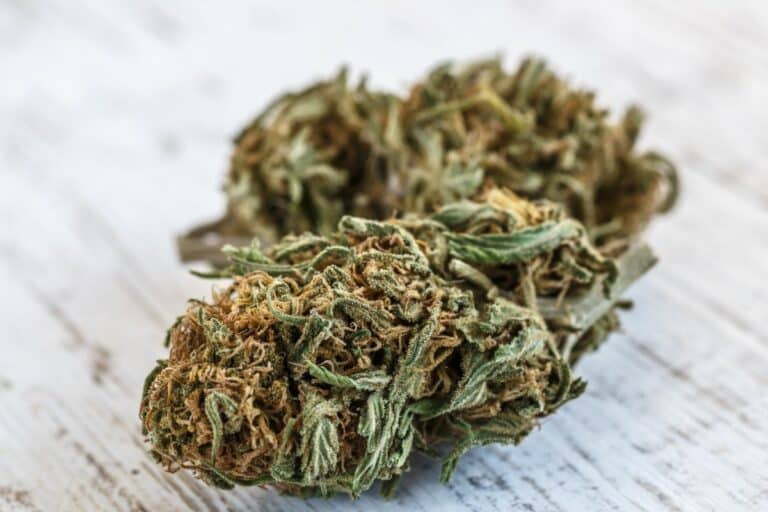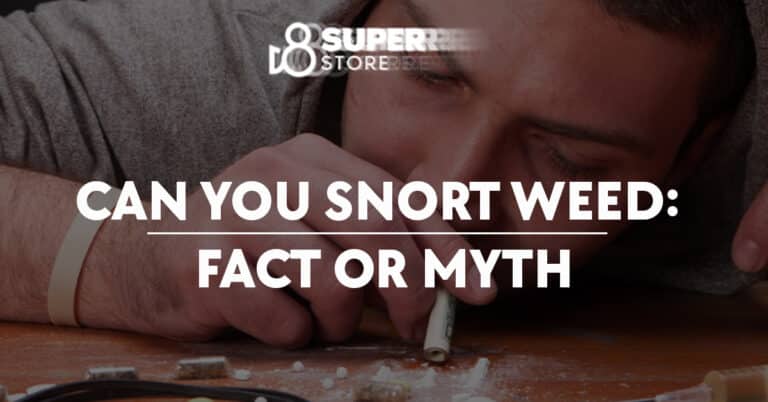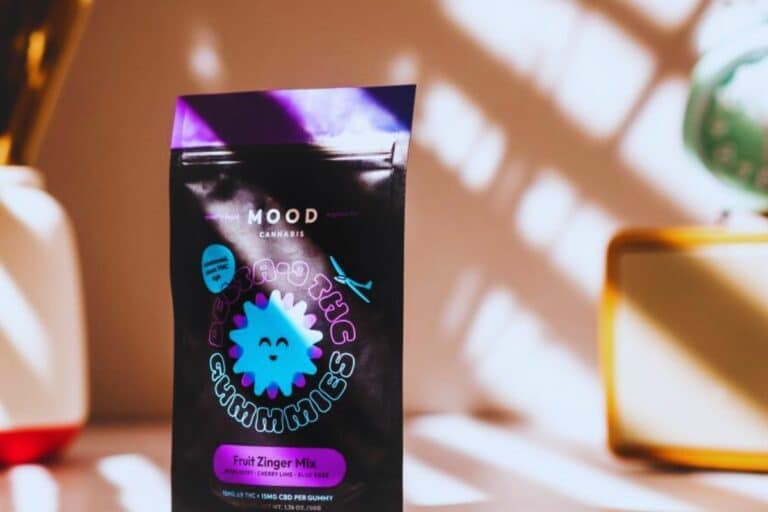Is THCa Legal in Texas: Understanding the State’s Cannabis Regulations
Diving into the **THCa** world in Texas is like finding a hidden level in the crazy game of cannabis laws. Everyone knows THCa turns into THC, that special stuff in weed that blasts you off to la-la land. But here’s the kicker: Texas is all for growing hemp, which is basically marijuana’s chill cousindistinguish the legal crop (hemp) from its illegal counterpart (marijuana), because it doesn’t aim to get you sky-high. Hemp plays it safe, keeping its THC on the down-low to stay out of trouble. If you’re looking to walk the thin line of what’s cool and what’s not with weed in Texas, **stick around**. You’re about to discover some clever twists in the Lone Star State’s rules that will definitely catch your eye!
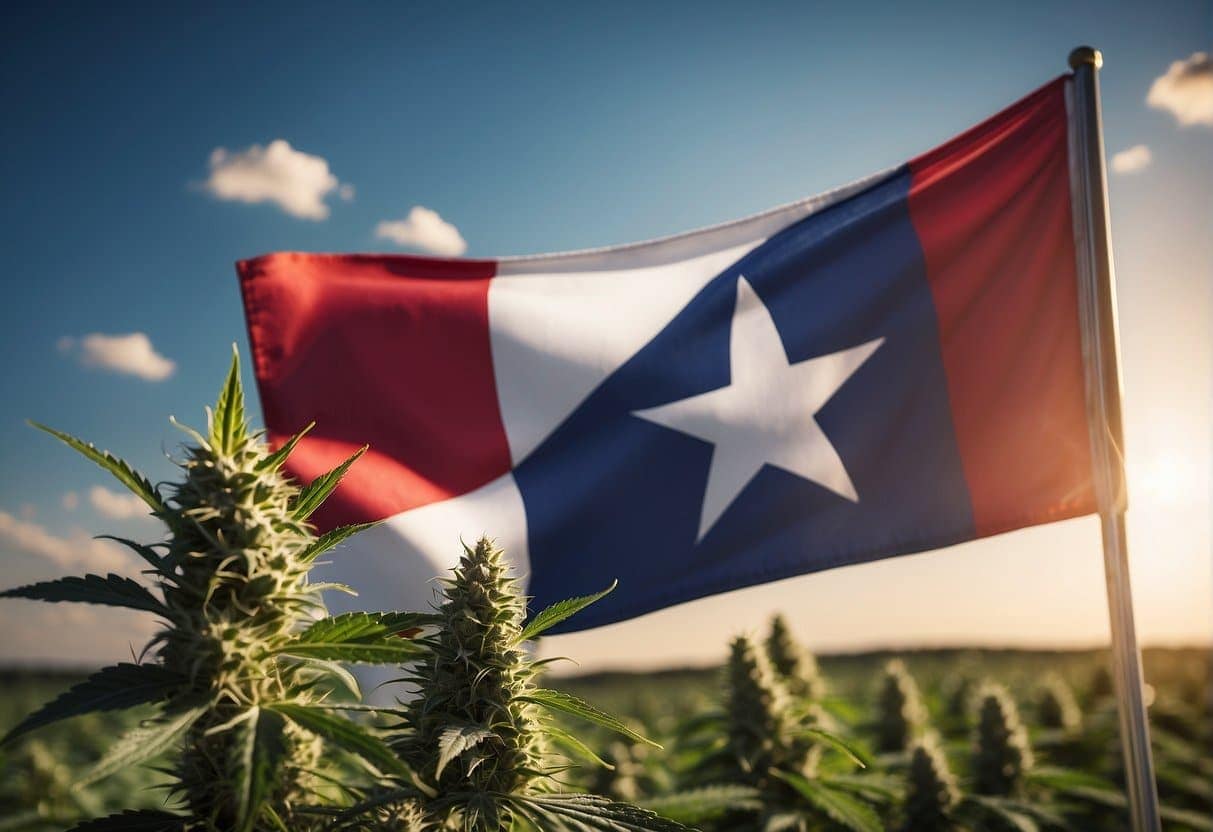
Hemp in Texas is defined as any Cannabis sativa plant with a THC concentration of not more than 0.3 percent on a dry weight basis, which essentially means that any cannabis plant with THC levels above this percentage is classified as marijuana, and is thereby illegal under state law. Considering THCa can convert to THC when exposed to heat, the consideration of THCa content is crucial in distinguishing between legal hemp and illegal marijuana.
Laws around THCa hemp cannabis in Texas:
- Legal Landscape of THCa in Texas
- Understanding THC, THCa, and the Texas Hemp Plant
- Regulatory Framework for Cannabinoids in Texas
- Possession and Purchase of Cannabis Products
- Impact on Law Enforcement and Drug Tests
- Hemp Products in the Texas Market
- Medical and Recreational Use Regulations
- Interstate Perspectives and Comparison
- Consumer Guidance on Hemp and Cannabis
- Future Outlook and Legislative Changes
- Frequently Asked Questions
- What is the current legal status of THCa in the state of Texas?
- Are there any restrictions on the purchase of THCa flower within Texas?
- Can the possession of THCa result in legal repercussions in Texas?
- How does THCa compare to Delta-8 regarding legality in Texas?
- Does consuming THCa carry a risk of failing a drug test?
- Are the laws surrounding THCa consistent across all United States jurisdictions?
The issue of THCa’s legality becomes particularly complex as forensic laboratories seek reliable methods to distinguish the legal crop (hemp) from its illegal counterpart (marijuana). Given the intricacies of cannabis laws and the potential for legal repercussions, it is paramount that you’re aware of the current legal framework surrounding THCa in Texas.
Legal Landscape of THCa in Texas
THCa, or tetrahydrocannabinolic acid, is a non-psychoactive compound found in the cannabis plant. In Texas, the legal status of THCa is intertwined with the state’s stance on hemp and cannabis overall. Understanding the distinction between these substances is crucial for compliance with Texas law.
As of the 2018 Farm Bill, hemp, defined as cannabis with a THC concentration of no more than 0.3% on a dry weight basis, became federally legal. This reclassification removed hemp-derived compounds, including THCa, from the definition of marijuana under the Controlled Substances Act.
- Hemp vs. Cannabis: In Texas, hemp is legal to possess and sell, provided it contains less than 0.3% THC. However, cannabis with THC levels above 0.3% is considered marijuana, which remains a controlled substance and thus, illegal.
- Law Enforcement: The testing standard in Texas sometimes includes adding a portion of THCa content to calculate total THC, potentially complicating the legal status of hemp products. This can affect law enforcement protocols and the legal risk associated with possession of cannabis products in the state.
You must be aware that despite the federal legality of hemp, Texas state law can enforce its own regulations, and possession of any form of cannabis outside state guidelines can lead to legal repercussions.
Texas Law:
- Legal: Hemp-derived products (<0.3% THC)
- Illegal: Cannabis-derived products (>0.3% THC)
It’s essential for you to note that while Texas introduced legislation to align with federal law, ambiguity remains. You should stay informed about the changing laws related to THCa and other cannabis-derived substances to ensure compliance within the state.
Understanding THC, THCa, and the Texas Hemp Plant
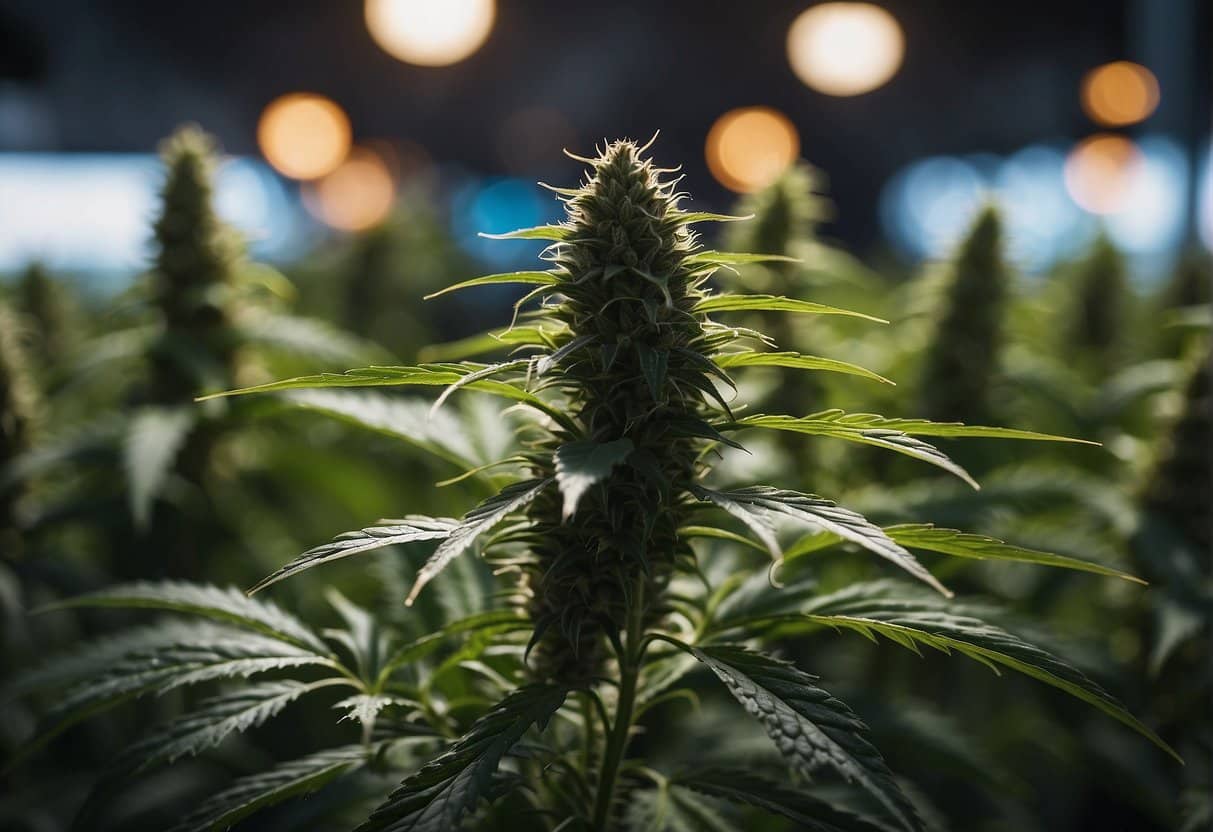
In Texas, the legal status of cannabis compounds such as THC (tetrahydrocannabinol) and THCa (tetrahydrocannabinolic acid) hinges on both state and federal laws, which define hemp, a variety of the cannabis plant, in terms of its THC content. Understanding these distinctions is key to grasping the nuances of legality.
THCa and its Psychoactive Potential
THCa is the acidic precursor to THC, the main psychoactive compound in the cannabis plant. In its raw form, THCa is not psychoactive; however, when it is exposed to heat or UV light in a process called decarboxylation, it converts to psychoactive delta-9 THC. The possession of THCa may thus indirectly raise legal issues due to its potential to become THC, which is regulated under Texas law.
Texas Hemp Plant and Federal Distinctions
The legal differentiation in Texas between hemp plant and marijuana comes down to the concentration of delta-9 THC. According to both federal government and state law, hemp is defined as the Cannabis Sativa L. plant containing no more than 0.3% delta-9 THC on a dry weight basis. This trace amount is considered insufficient for psychoactive effects, which positions hemp and its byproducts as legal commodities distinct from marijuana, which possesses higher THC levels.
Cannabinoids such as CBD (cannabidiol) derived from hemp plants are generally permissible, as they do not have a significant psychoactive effect. However, with ongoing research and legislation, the legal landscape is subject to change, and it is important for you to stay informed on the most current laws regarding cannabinoids in Texas.
Regulatory Framework for Cannabinoids in Texas
Understanding the regulatory framework for cannabinoids in Texas is crucial if you’re interested in the legal status of substances such as THCa. It’s essential to be aware of both federal guidelines and the specific cannabis policies of the state of Texas.
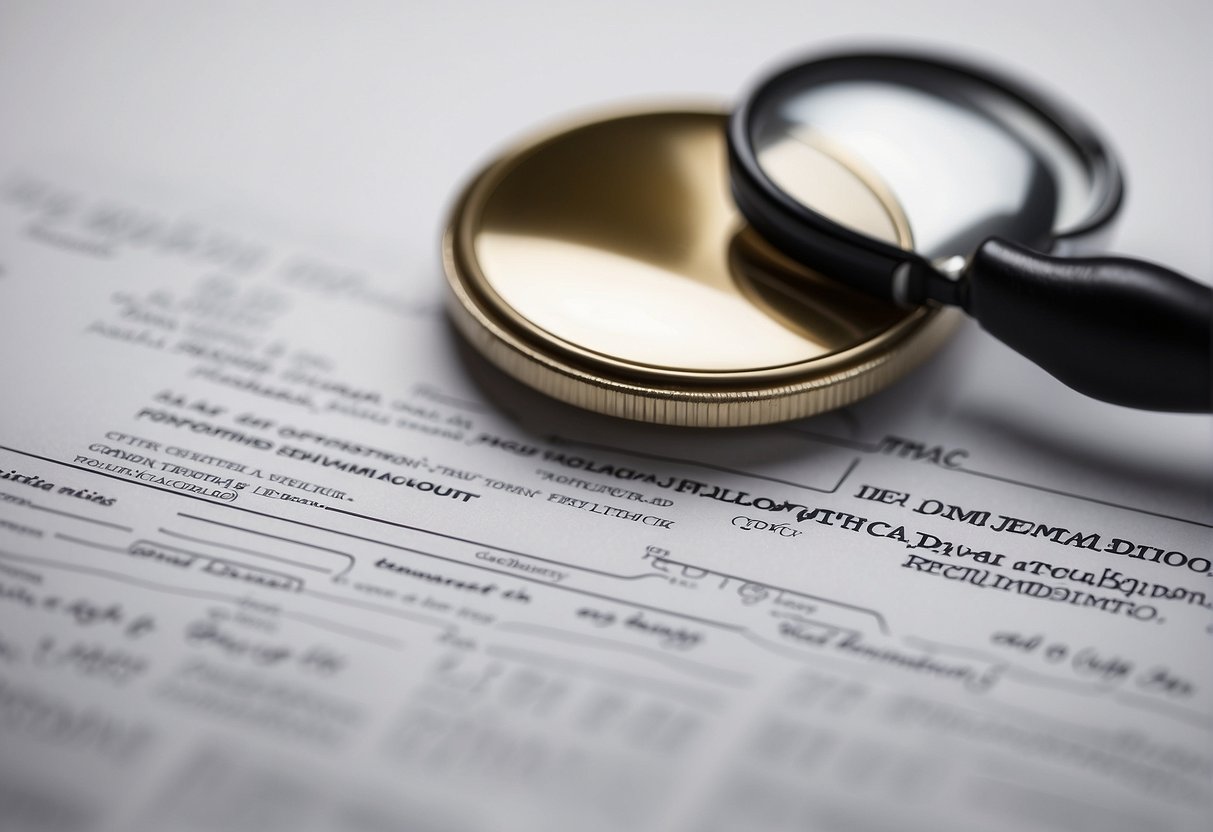
Federal Regulations on Hemp and Derivatives
Under the 2018 Farm Bill, hemp and its derivatives were removed from the definition of marijuana in the Controlled Substances Act. This means that cannabinoids extracted from hemp, including cannabidiol (CBD), are considered legal at the federal level provided that the hemp contains no more than 0.3% delta-9-tetrahydrocannabinol (THC) by dry weight. However, since tetrahydrocannabinolic acid (THCa) is a non-psychoactive precursor to THC, its legal status can be a bit more complex and is dependent on its potential to convert to THC, a controlled substance.
State-Specific Cannabis Policies in Texas
In Texas, House Bill 1325 aligns with the federal Farm Bill, legalizing hemp-derived products containing less than 0.3% THC. When it comes to cannabinoids like THCa, Texas law does not differentiate them from THC if the compound can convert to THC, potentially placing them under controlled substances. Therefore, while CBD products derived from hemp are legal, cannabis products with any concentration of THC or THCa that can be converted into THC could be subjected to Texas’ stricter controlled substance regulations. It’s important to ensure that CBD or hemp-derived products comply with both THC concentration limits and the lack of potential for psychoactive effects to remain within the legal boundaries.
Possession and Purchase of Cannabis Products
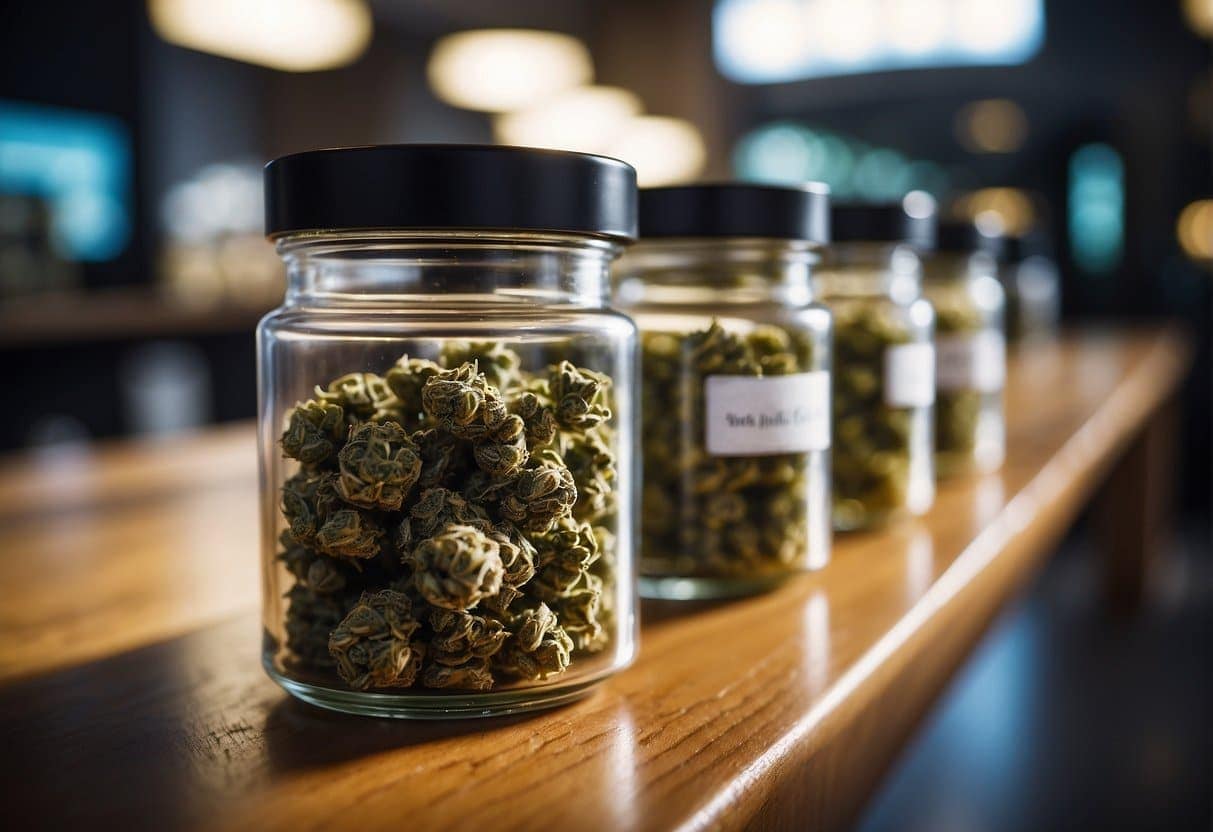
When considering the possession and purchase of cannabis products in Texas, you must navigate restrictive medical marijuana laws. Understanding the legal conditions for possession and guidelines for purchasing can help you stay within the bounds of the law.
Legal Conditions for Possession
In Texas, medical cannabis is legal under very limited circumstances. Your possession of cannabis products must comply with the Compassionate Use Act, which allows for medical use of low THC-CBD oil by registered patients with specific conditions. The law specifies that patients can possess cannabidiol (CBD) oil containing not more than 0.5% THC and not less than 10% CBD. Remember, recreational use of cannabis is still illegal, and possession of THC-rich cannabis can lead to arrest and prosecution.
Guidelines for Purchasing Cannabis Products
To safely and lawfully purchase medical cannabis products, you are required to obtain a prescription from a state-approved doctor. Once you have a prescription, you can only purchase from licensed dispensaries. Be mindful of the possession limits: the law allows you to obtain only the amount specified by your prescription. These dispensaries have undergone a thorough vetting process to ensure they provide products that are safe and within the state’s legal threshold for THC content.
Impact on Law Enforcement and Drug Tests
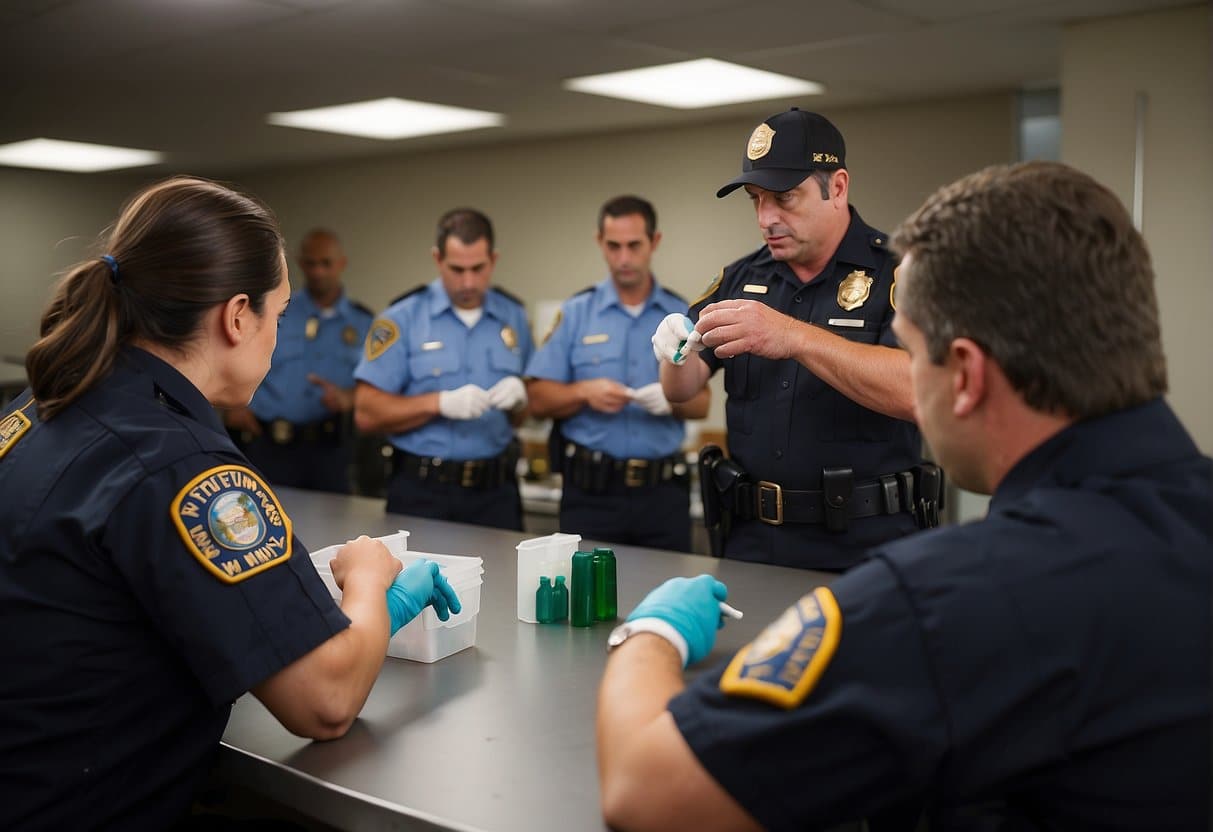
In Texas, the legality of THCa and its differentiation from psychoactive THC present complex challenges for law enforcement during drug interdiction and influence both field and lab drug tests. Understanding these nuances is crucial for accurate identification and enforcement.
Challenges for Law Enforcement
Law enforcement agencies in Texas face the daunting task of distinguishing between THCa, a non-psychoactive precursor to THC found in cannabis plants, and psychoactive THC, the substance responsible for the ‘high’. While THCa itself is not psychoactive, it can readily convert to THC through decarboxylation, which can occur naturally over time or be induced by heat. This poses a significant challenge in determining the legality of a substance, as Texas law specifies the illegal nature of substances based on their psychoactive capabilities.
Once hemp was legalized, the need for precise quantification of THC content became imperative. Legal hemp must contain less than 0.3% THC. In light of this, law enforcement must rely on accurate and reliable testing methods to avoid wrongful accusations.
Cannabis Detection and Lab Testing
To navigate the legal landscape, law enforcement turns to lab tests such as high-pressure liquid chromatography (HPLC). Unlike gas chromatography (GC), which can inadvertently convert THCa to THC and thus skew results, HPLC can differentiate between THCa and THC without altering the sample. This distinction is crucial for accurate enforcement of drug laws.
Field tests may lack the sophistication to differentiate between THCa and THC, often leading to a dependency on lab tests for clear results. Total THC content, accounting for both THCa and psychoactive THC, must be accurately quantified to ascertain legality. Drug tests that measure impairment from THC may not be triggered by THCa presence, as it does not produce impairment in its unconverted state.
Hemp Products in the Texas Market
In Texas, you will find a diverse range of hemp products, from oils and edibles to smokable hemp flower, reflecting the state’s evolving cannabis industry. Strict regulations are in place to ensure the safety and compliance of these products within the legal framework.
Variety and Availability of Hemp Products
Texas has embraced the hemp market with a variety of products available for you to purchase. You can find everything from CBD oils, topicals, edibles, and capsules, to smokable hemp flower and vape products. Brands like Binoid have become popular, offering a wide selection of hemp-derived items. The availability of these products is widespread, with accessibility both in-store and online to cater to your preference.
Quality Control and Consumer Safety
To ensure consumer safety, Texas maintains a rigorous approach to quality control in the hemp industry. Lab testing is a mandatory procedure for hemp products to confirm they are below the 0.3% THC threshold, making them legal and safe for you to use. As a consumer, you’re encouraged to look for COAs (Certificates of Analysis) that reputable suppliers like Binoid provide to guarantee the purity and compliance of their products. This level of transparency allows you to make informed decisions about the hemp products you choose to buy.
Medical and Recreational Use Regulations
In Texas, cannabinoid laws have specific distinctions between medical and recreational use. It’s important for you to understand the current legal landscape regarding the medical cannabis program and the status of recreational marijuana.
Medical Cannabis Use in Texas
Texas has implemented the Compassionate Use Program, which allows for the use of low-THC cannabis to treat epilepsy and other medical conditions such as cancer. As part of this program, medical cannabis is limited to containing no more than 0.5% THC by weight. To be eligible, patients must obtain a prescription from a registered physician and have one of the qualifying conditions.
- Qualifying Conditions:
- Epilepsy
- Cancer
- Multiple sclerosis
- Spasticity
- Amyotrophic lateral sclerosis
- Autism
- Terminal cancer
- Neuropathy
Status of Recreational Marijuana
Recreational use of marijuana remains illegal in Texas. Possession of marijuana for recreational purposes is subject to prosecution and can carry significant penalties. Efforts have been made to decriminalize possession of small amounts of marijuana, but as of now, no legal framework exists for the recreational use, sale, or production of cannabis within the state.
Interstate Perspectives and Comparison
In examining the legality of THCa within Texas, you’ll find contrasting regulations when looking at the landscape of laws across the United States. Let’s compare Texas laws with those of other states and delve into national legalization trends that influence these regulations.
Contrasting Texas Laws with Other States
When you consider Texas, THCa, which is not psychoactive in its natural state, becomes a point of legal ambiguity. Texas has enacted legislation that defines legal hemp as having a delta-9 THC concentration of not more than 0.3% on a dry weight basis, but laws concerning THCa are not as clear-cut. In states like California, cannabis, including THCa, is fully legal for both medicinal and recreational use, underscoring a stark contrast with Texas regulations. North Carolina falls closer to the Texas standard, keeping a stringent eye on THC levels but not expressly addressing THCa. On the other hand, Kansas has a stricter stance, not recognizing the differentiation between THC and THCa, and thus maintains a more prohibitive environment.
National Legalization Trends and Movements
The landscape of cannabis legalization in the USA is rapidly evolving. While federal law still classifies THC as a controlled substance, individual state laws show a trend towards a more permissive approach. Movement towards legalization is gaining momentum, with several states legislating for medical and even adult-use cannabis markets. This patchwork of laws across the USA influences how THCa and other cannabinoids are regulated at the state level. Texas, on its part, is navigating these waters carefully, balancing between federal mandates and the evolving perspectives of its populace.
Consumer Guidance on Hemp and Cannabis
When navigating the landscape of hemp and cannabis products, it’s essential for you to understand the legal parameters and health implications, particularly concerning THCa, to ensure safe and informed decisions.
Legal Implications of Buying and Using THCa
In Texas, hemp-derived products are legal as long as they contain no more than 0.3% Delta-9 THC. However, this does not automatically imply that all cannabinoids derived from hemp, like THCa, are legal for purchase or consumption. Since THCa is a non-psychoactive precursor to THC, it exists in a legal gray area. While hemp-derived THCa might meet federal legality under the 2018 Farm Bill, Texas law is more complex. Before you buy or use THCa, verify Texas state laws to ensure compliance, as regulatory updates can alter the legal status of such compounds.
- Check Your Products: Always review the cannabinoid profile of the hemp or cannabis products you’re interested in to ensure they align with Texas regulations.
- Vendor Validity: Purchase hemp and cannabis items from reputable vendors that provide third-party testing to confirm cannabinoid levels are within the legal limits.
Health Considerations and Cautionary Advice
As a consumer, your safety should be paramount. While cannabis and hemp products can offer medical benefits, it’s crucial to use them responsibly. THCa is marketed for its potential health advantages, such as anti-inflammatory and neuroprotective properties. Yet, when THCa is heated, it converts to THC, leading to psychoactive effects. This transformation could impact your medical conditions or clash with other medications.
- Consult Medical Professionals: Before starting any new hemp-derived product, especially for medical purposes, consult your healthcare provider.
- Safe Consumption Practices: Use products as directed to avoid unintentional conversion of THCa to psychoactive THC, which can cause unintended effects.
Being fully aware of the legal context and health perspectives will empower you to make informed choices regarding the use of THCa and related products in Texas.
Future Outlook and Legislative Changes
As you look toward the future in Texas, the legal landscape of cannabis, specifically THCa, is poised for potential transformations. The conversation is evolving, and it’s important you keep an eye on both state and federal levels for adjustments that may affect possession, use, and distribution of cannabis products.
Anticipated Legal Amendments
Anticipated changes at the state level may modify the current status of THCa as a controlled substance. Considering the national trend towards legalization, it’s crucial to monitor proposed bills within the Texas Legislature that could align state law with the shifting federal perspective on hemp-derived products and recreational marijuana. Changes in cannabis law may redefine regulatory measures, potentially easing restrictions on certain compounds like THCa.
Evolving Cannabis Industry Dynamics
The dynamics of the cannabis industry in Texas are directly influenced by legislation surrounding cannabis laws. Developments in how marijuana law is interpreted and enforced will likely impact business operations, from cultivation to sales of hemp-derived products. Keep informed about regulations that structure the industry, as advancements in cultivation technology and product innovation could further challenge the current legal framework, nudging it toward a more inclusive approach to cannabis, including THCa.
Frequently Asked Questions
When looking into THCa’s legal status in Texas, it’s essential to understand the specific regulations and potential legal implications. The following frequently asked questions address key aspects of THCa legislation and enforcement in Texas.
What is the current legal status of THCa in the state of Texas?
In Texas, the legal status of THCa is complicated. Since THCa can be considered a precursor to THC, the psychoactive compound in marijuana, its legality can depend on the interpretation of state laws regarding controlled substances.
Are there any restrictions on the purchase of THCa flower within Texas?
Yes, there are restrictions on the purchase of THCa flower in Texas. THCa flower, commonly derived from hemp, could potentially be illegal if it’s considered a source of THC following the conversion process from THCa to THC that occurs when heated.
Can the possession of THCa result in legal repercussions in Texas?
Possession of THCa in Texas may result in legal repercussions if it’s determined to be in violation of state controlled substances laws. Since the conversion of THCa to THC can happen readily, legal authorities may deem it equivalent to possessing THC.
How does THCa compare to Delta-8 regarding legality in Texas?
The legality of Delta-8 and THCa in Texas is similarly complex. Both compounds exist in a legal gray area as they are analogs of THC, and state laws are continually evolving to address these substances.
Does consuming THCa carry a risk of failing a drug test?
Consuming THCa could carry a risk of failing a drug test because when THCa decarboxylates into THC, which is the compound that drug tests typically screen for. Thus, if THCa converts to THC in the body, it could be detectable on a drug test.
Are the laws surrounding THCa consistent across all United States jurisdictions?
The laws surrounding THCa are not consistent across all United States jurisdictions. Each state can have different regulations and thresholds for controlled substances, making the legal status of THCa vary widely across the country.

